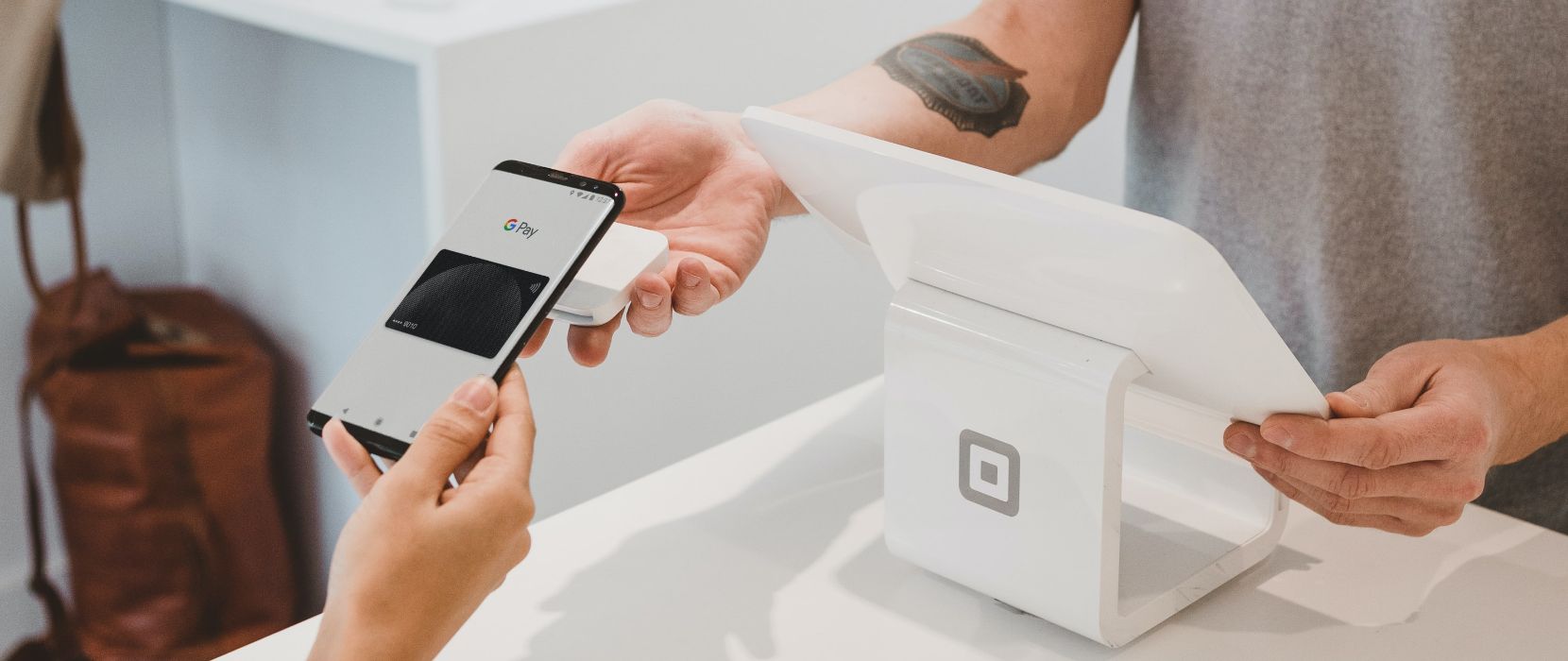The cashless shift
It is clear to see the shift away from cash which has been occurring over the past few decades. In this period, the consumer-led economy has driven huge efficiency improvements in many aspects of our lives in terms of tech, transportation, and healthcare. Transactions and currency flows are a fundamental part these improvements, and the payments sector has seen a revolution of its own. In 2020, under a quarter of payments were made with cash, which was around half of what it was the year prior. This trend shows no indication of slowing down, with alternative payment methods (APMs), such as Paypal and Klarna seeing record growth in 2020.
The impact of COVID-19 on cash
In 2020, the fintech and e-commerce sector saw one of the biggest shifts away from cash we have ever seen. In February 2020, in the early stages of the pandemic, the Guangzou branch of China’s central bank recalled large amount of physical cash from wet markets and hospitals for destruction. They also cleaned cash which was used on public transportation using ultraviolet light. The typical bank note circulates for anywhere between 1 and 10 years.
The recent pandemic highlighted the somewhat unsanitary nature of cash. This, along with the stay-at-home mandate issued by governments around the world has forced individuals to change their spending habits. It is clear the pandemic accelerated the switch to cashless and businesses who are yet to make the switch are now competing in an increasingly cashless environment.
What caused the shift to cash before COVID-19?
There is over £70bn of physical cash in circulation, over twice as much as there was a decade ago. This statistic shows that cash is not completely fading. However, an increasing proportion of the cash in circulation is used in the shadow economy and a significant amount is held illegally overseas or is simply accumulated for personal savings. The more revealing statistic is that proportion of recorded transactions using cash has fallen dramatically, mainly due to efficiency gains that APMs have granted businesses and consumers.
From a consumer perspective, you can order clothes without leaving the house, book a taxi without needing to go to a cash point and have food delivered to your table without needing to queue at the bar.
Furthermore, cashless payment methods are more easily traceable, making it easier for governments to detect fraud and enforce regulation. Tokenised transaction records can be digitally stored, making illegal activity using e-commerce and APMs more easily detectable. An additional protection against illegal activity in the cashless world is the due diligence which acquiring banks are obligated to perform on any business looking to accept e-commerce payments.
They report to the Financial Conduct Authority (FCA) and must ensure that business that processes payments through their bank comply with Anti Money-Laundering (AML) regulations.
The future of payments
The fundamental shift in the way we pay is putting pressure on businesses to adapt and raising the question of how payments will evolve in the future. The emergence of crypto currencies based on blockchain technology has brought into question the future of currency all together. However, whilst the future is unclear, we can be confident that the future is cashless, and its replacements will be continuously more convenient for consumers.
Cashless payments
75
70
23
33
31
52
85
4.5
Helixr’s strengths
The evolving nature of payments, technology and ways of working create an ever increasingly dynamic and competitive business landscape. Businesses are being presented with a great opportunity to adapt their ways of working and Helixr can assist in diagnosing business inefficiencies implementing solutions. Areas of experience include:
- Implementing best practices across business functions to drive value from a tax perspective
- Delivering ERP solutions to meet your specific industry needs
- Integrating tax engines with an existing or newly adopted ERP system
incidunt ut labore et dolore magnam aliquam quaerat voluptatem.
Our experts
To speak to one of our experts and find out more about this topic and how Helixr can help your business, please get in touch via our Contact form.

